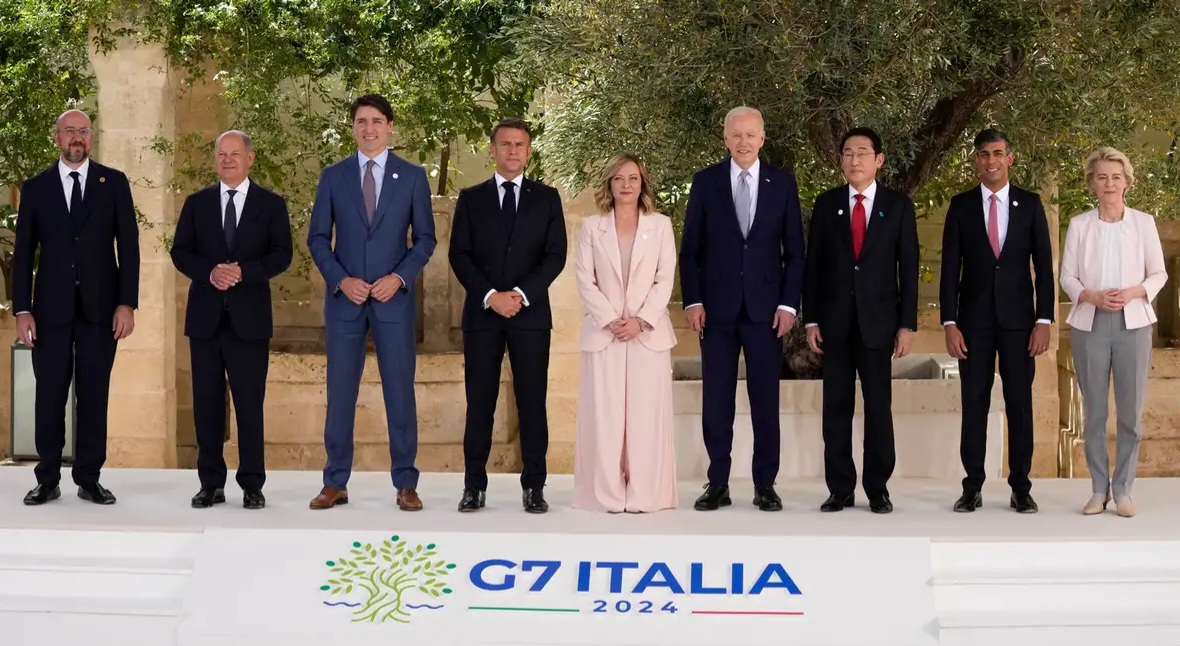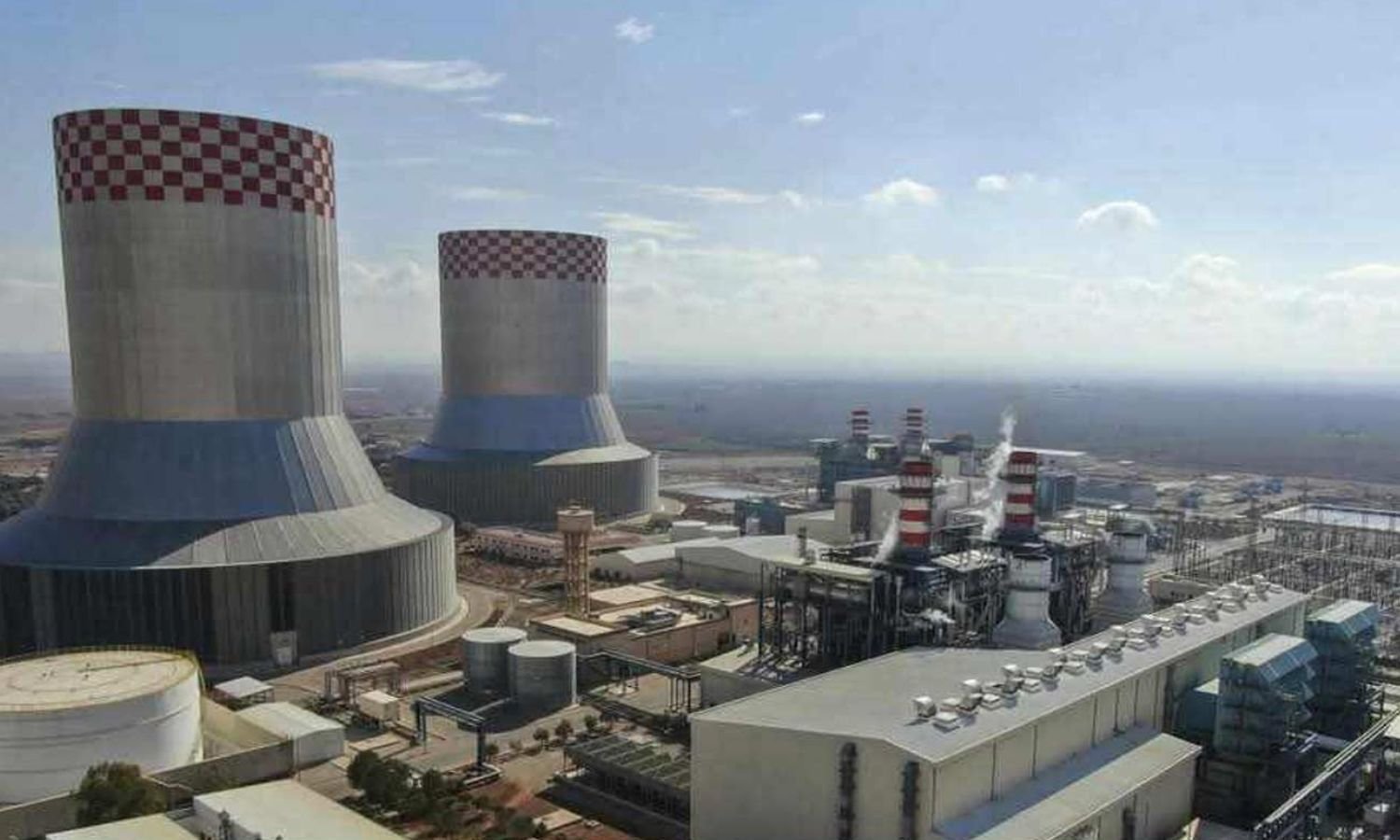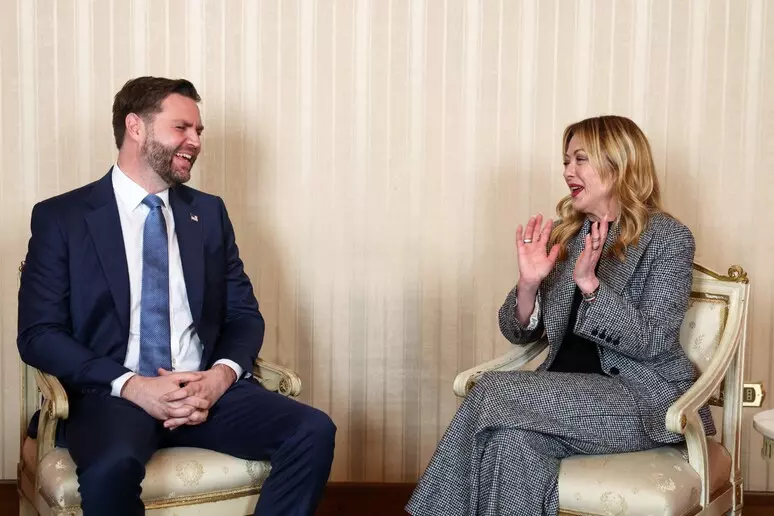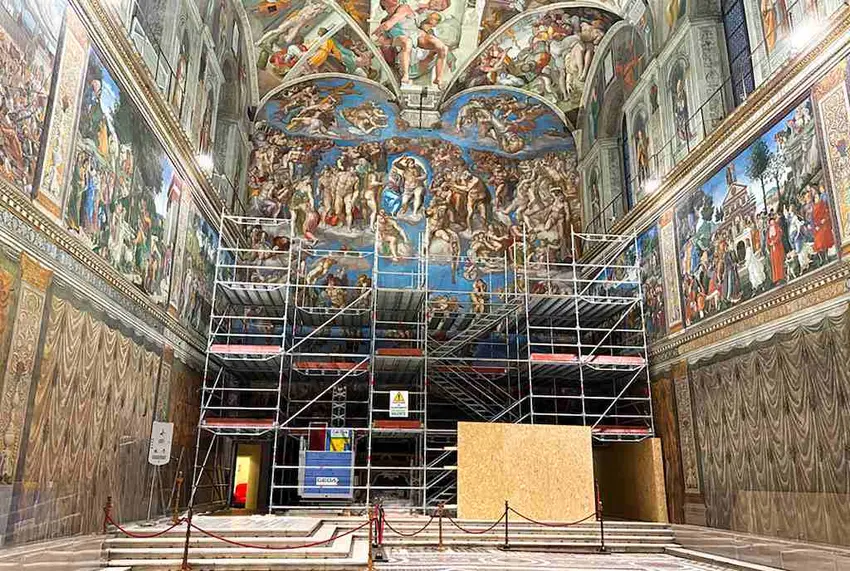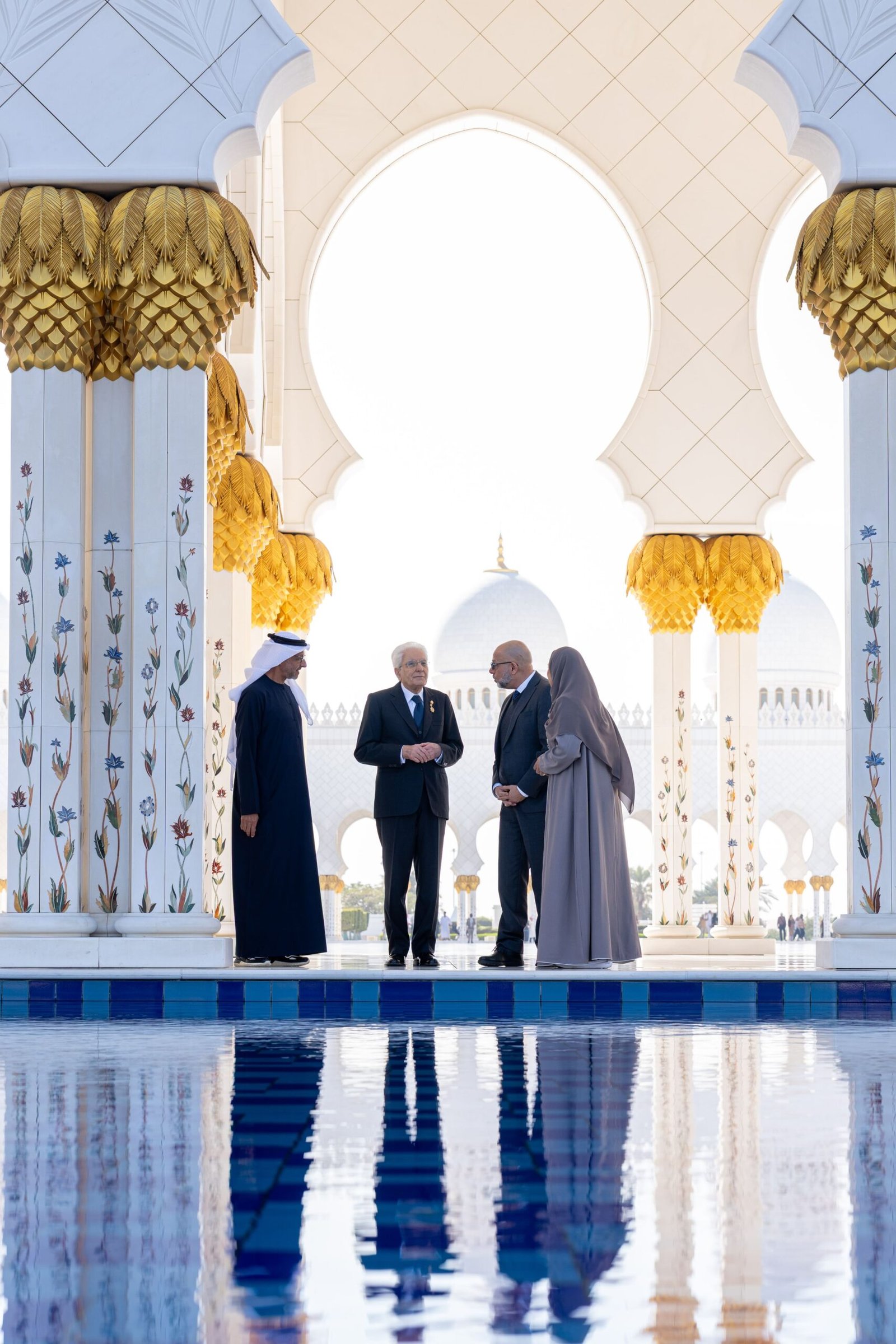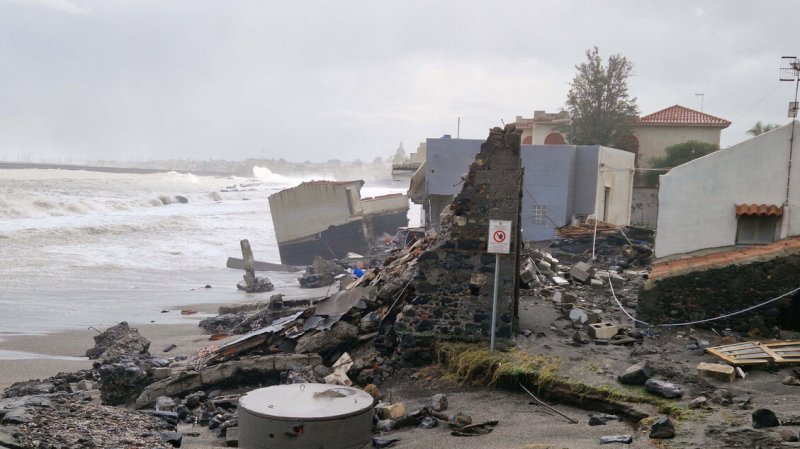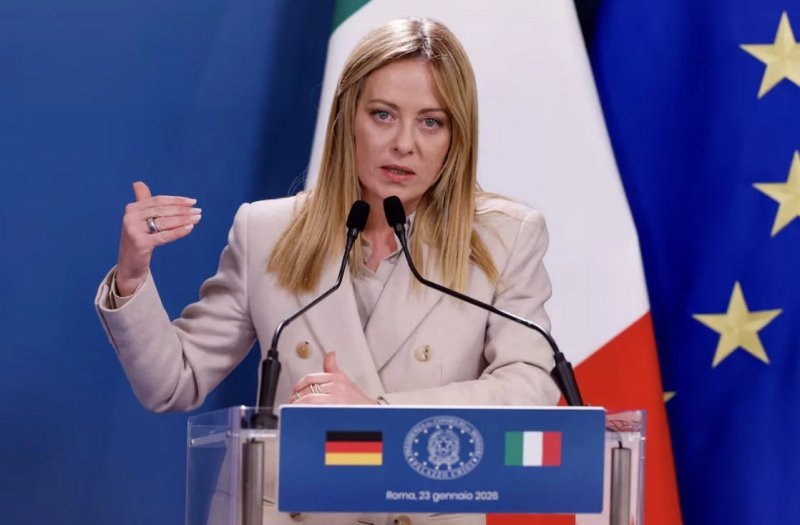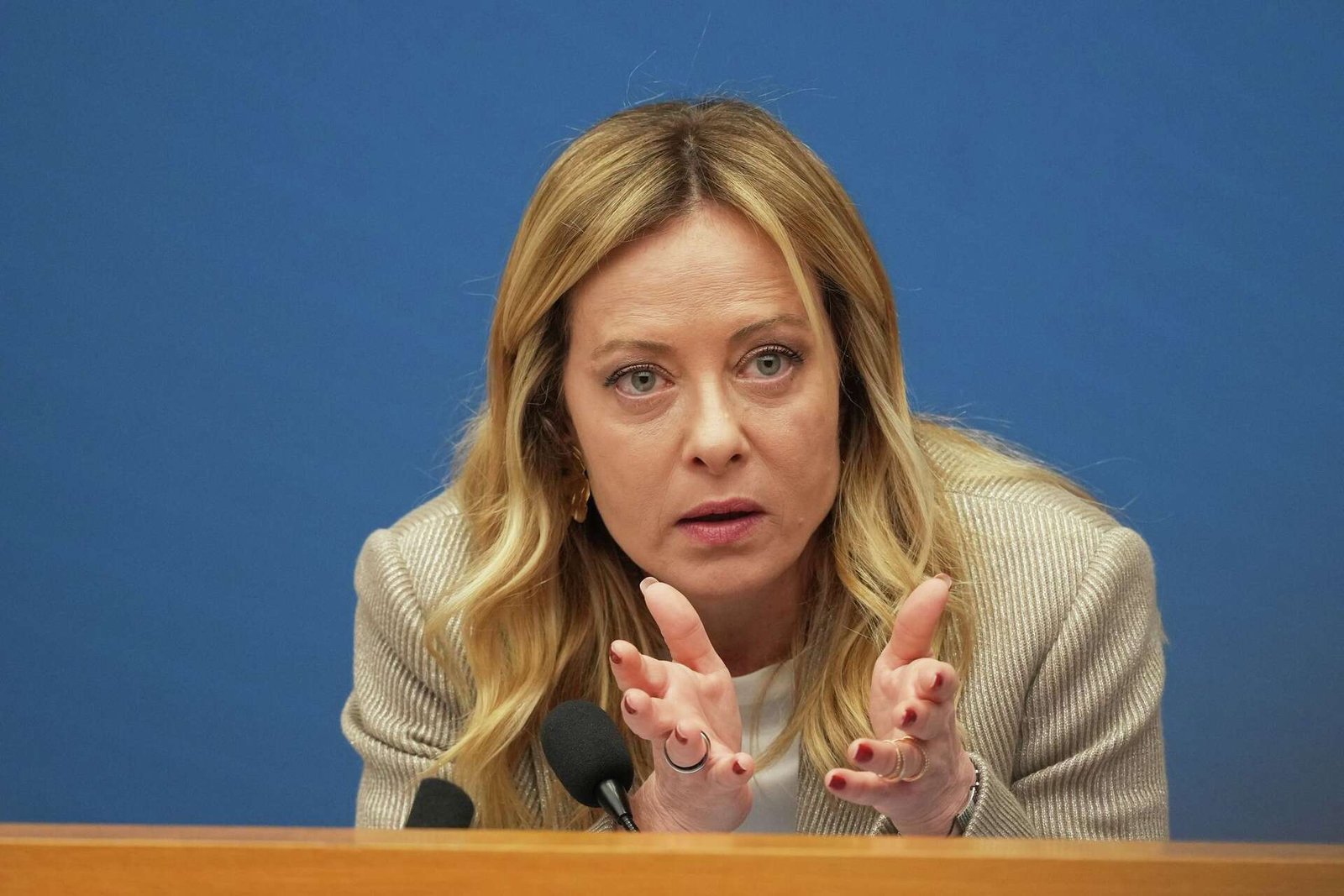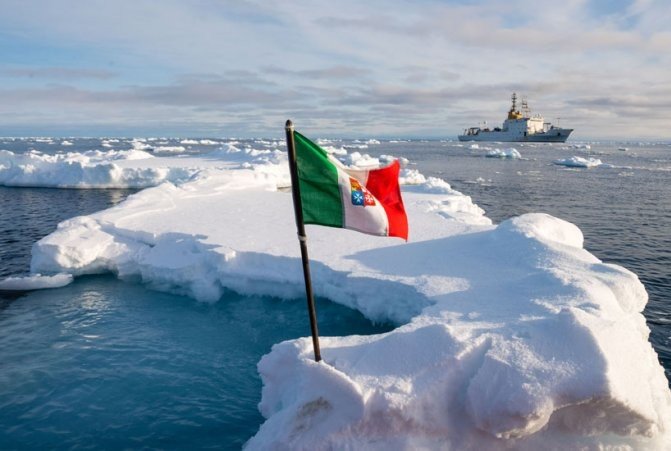Taormina, June 14, 2024, The Europe Today: On the second day of their summit in Italy, G7 leaders are set to tackle a broad spectrum of global issues, including migration, Indo-Pacific and economic security, Africa, and artificial intelligence (AI).
Key topics will include China’s excess industrial capacity and its support for Russia, which remains a contentious issue. The United States recently announced new sanctions targeting Chinese companies aiding Russia’s war efforts in Ukraine, as well as sanctions against shell companies in Hong Kong for diverting semiconductors to Russia.
Pope Francis will attend the summit on Friday to deliver a keynote speech focusing on the risks and potential of AI, highlighting the ethical and societal implications of the technology.
The summit will also feature the participation of leaders from non-G7 countries, including Indian Prime Minister Narendra Modi, Brazilian President Luiz Inácio Lula da Silva, Turkish President Recep Tayyip Erdoğan, and Kenyan President William Ruto. The inclusion of at least 10 other heads of state underscores the G7’s commitment to broader international collaboration and its desire to avoid being perceived as an exclusive club.
The annual G7 summit, which includes the US, Canada, Japan, Germany, France, Italy, the UK, and the European Union, is being held from June 13 to 15 this year.
Ukraine dominated the discussions on the first day of the summit. G7 nations agreed to provide a $50 billion loan to Ukraine, funded by interest from frozen Russian assets. This move signals the West’s firm resolve to support Kyiv in its ongoing conflict with Russian forces. While technical details are still pending, the commitment aims to ensure the funds reach Ukraine by the end of the year.
German Chancellor Olaf Scholz lauded the loan agreement as a “very historic step,” sending a strong message to Russian President Vladimir Putin that his actions will not be tolerated. All G7 countries are expected to contribute to the loan.
Additionally, Ukrainian President Volodymyr Zelenskyy, attending the summit, signed a 10-year bilateral security agreement with the US on the sidelines of the event. This agreement aligns with similar long-term commitments from Germany, France, and the UK.
Japan, a significant financial backer of Ukraine, also signed a security agreement with Ukraine, further solidifying international support against Russia’s military aggression.
As the summit progresses, the G7 leaders are expected to continue their discussions on these critical global challenges, aiming to foster cooperation and develop strategies to address them effectively.
